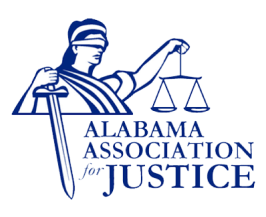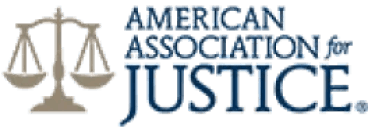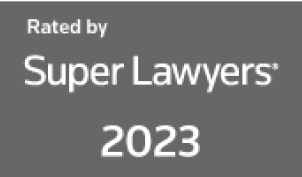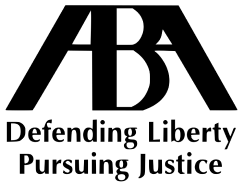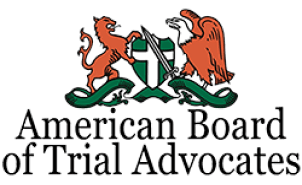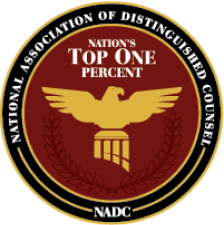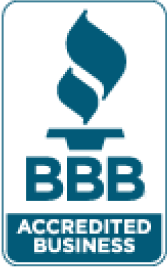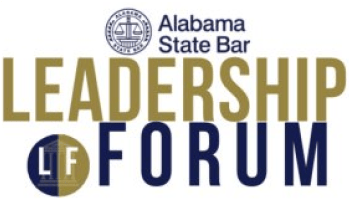Frequently Asked Questions
We know that you likely have many questions about your rights, and our team is ready to provide the answers during a confidential, no-cost consultation. Contact us by phone or online to schedule your case evaluation with an experienced member of our legal team today. We’ve also provided the following frequently asked questions and their answers to better help you understand this case.
How do I know if the National Collegiate Student Loan Trusts holds my student loan?
Admittedly, it can be challenging to determine this unless Transworld has already sued you. Some hints that the Trusts hold your private student loan include:
- Most of these loans were made before 2008
- Check your credit report for any mention of American Education Services (AES) or Transworld Systems Inc. (TSI)
- Who did you originally get the loan from? The following are the primary banks that sold private student loans to the National Collegiate Student Loan Trusts:
- Bank One
- Bank of America
- Charter One Bank
- GMAC Bank
- JPMorgan Chase Bank
- RBS Citizens Bank
- Union Federal Savings Bank
The Department of Education garnishes my wages and takes my tax refunds because I defaulted on a student loan. Is it possible I could benefit from the legal action taken against the Trusts?
The short answer is no. The Department of Education has nothing to do with the Trusts. In addition, the Trusts cannot garnish your wages, seize money from you, or place liens on the property that you own unless they file a lawsuit against you and win in court. Many people don’t realize that it is often quite easy to get the court to find in their favor in a debt collection lawsuit. However, this only happens if they seek legal assistance to defend themselves against the lawsuit. If a debt collection agency has sued you over a student loan, call our firm today to discuss your options.
What are my rights?
If you were sued in the past and lost, call to discuss your options. Even if it wasn’t Transworld that sued you, many collection agencies across the US are using the same tactics as Transworld to collect debts. Namely, violating laws about having proper documentation of the loan and suing after the statute of limitations runs out. You may have a case against the collection agency that will invalidate the court’s former decision against you.
If you have ever been sued in a debt-collection lawsuit filed on behalf of any National Collegiate Trust, and you have any questions or wish to discuss your rights or interests with respect to these matters, please contact us.
Even if you feel you are not ready to file a suit, consult HGD attorney Jim McDonough as soon as possible so that you will know your options. We do not charge any fees upfront. In fact, we will only charge attorney’s fees if we obtain a financial settlement for you. If you don’t win, we won’t get paid a legal fee.
Call us today for your free case evaluation 1.800.241.9779







